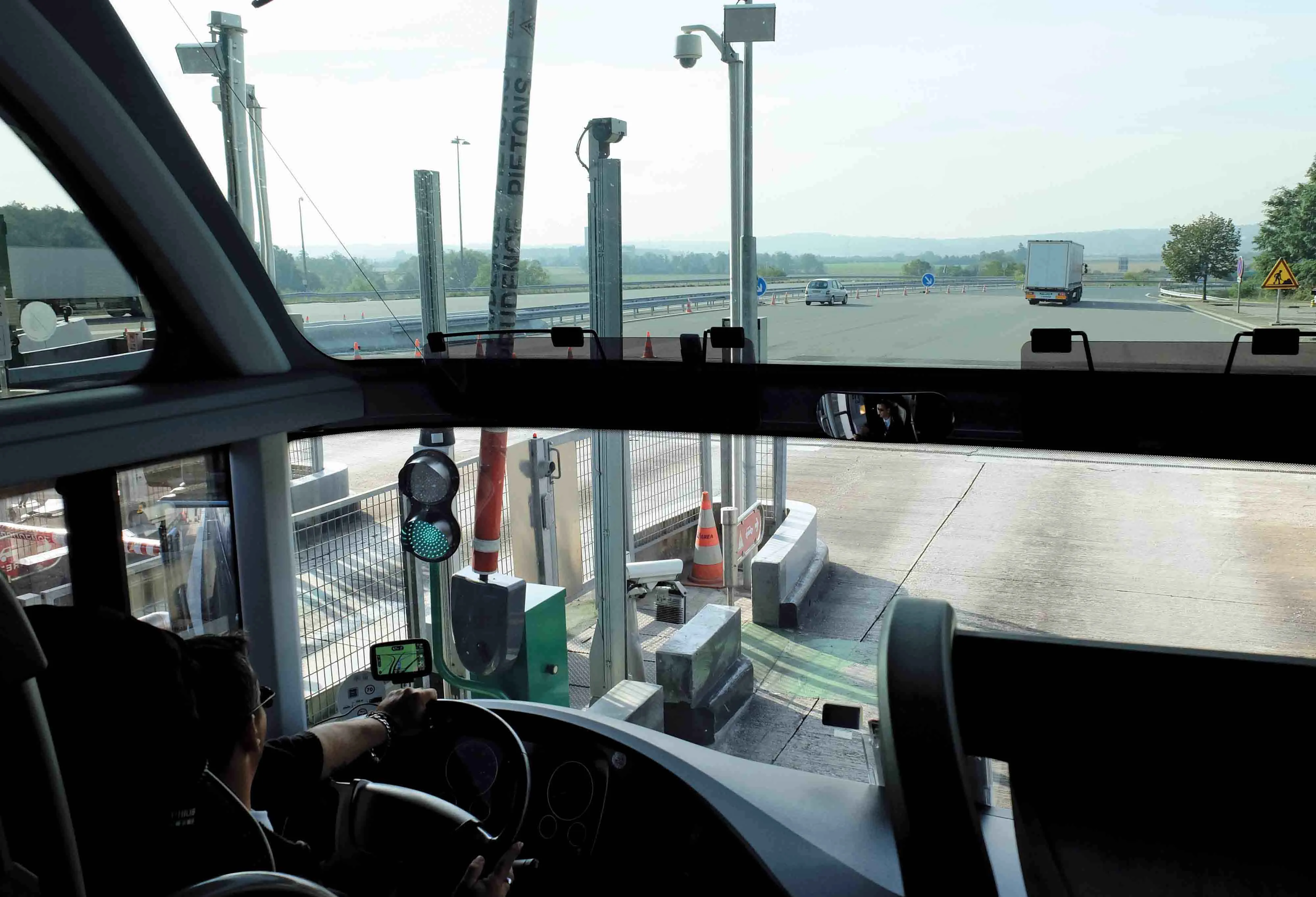
Attachment manufacturer Engcon is launching a global safety campaign titled “Dig Smart. Dig Safe”. With this move, the firm aims to leading the fight against workplace accidents using smart technology.
The firm says that the number of workplace accidents and fatalities that occur in connection with excavators makes for disappointing and distressing reading. As a result, Engcon says that it wants to lead the excavation industry towards zero accidents, a “zero vision” - with smart technology on all excavators.
“Dig Smart. Dig Safe” is a part of Engcon’s “Non Accident Generation" initiative that focuses on setting a new product safety standard and is designed to deliver a safer workplace.
Official European statistics show that more than 3,000 people die/year in workplace accidents in Europe and for the industry, the number of accidents is alarming.
Stig Engström, founder and owner of Engcon commented, “Safety is often seen as a low priority in the contracting and construction sector. Unfortunately, no matter what market we are looking at these same industries are often identified as having the most workplace injuries. Some of the most common causes of accidents are due to machinery but also from tools that drop off equipment. This is unacceptable since the accidents can lead to absence from work through personal injury or in the worst cases a fatality, all of which could have been avoided.”
Engström continued, “An excavator often operates in a tight space or on construction sites with many people. Without the proper safety equipment employed on the machine, you can inadvertently drop gear or back over someone. Slipping and tripping accidents are also common when the driver steps out of or into the excavator.”
However, Engström believes it is important to increase safety standards in the workplace. As a result, Engcon has developed a safe automatic quick mounting system, warning with both sound and light alerts to prevent an excavator functioning in the event of an incorrectly coupled bucket or other tools. In addition, a driver must set the bucket down on the ground in order to release it at a given pressure. The automatic coupling of oil, electricity and central lubrication also means that the driver can safely remain in the cab and change tools. A tiltrotator means fewer machine movements, which in itself reduces the risk of someone being hit.









